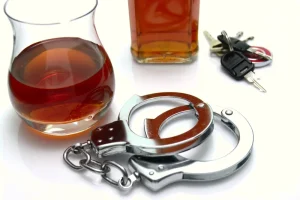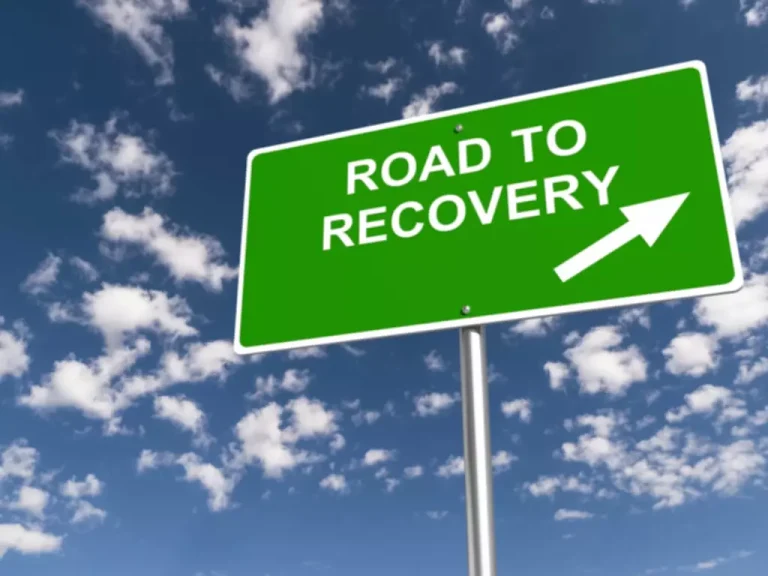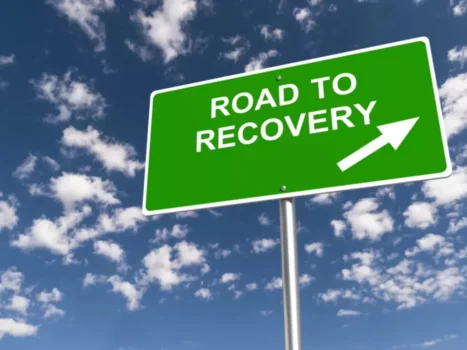
The brain can use dreams as a stage to play out former experiences and associations with addiction. It does this to resolve scenarios and integrate new experiences as sober or moderate with alcohol. In a dream, someone might rehearse what to do in a near-drinking scenario. When you consider that your brain is now coding alcohol as a threat, practicing avoiding these dreams could be a positive indication that you are healing.

Can You Drink Within Certain Limits?
Our finding that those who have trouble falling asleep were more likely to be persistent heavy drinking suggests that they may be using alcohol as a sedative. The Whitehall II participants were asked about reasons for change in drinking over the last 10 years and an increase in consumption was cited as a means to help get to sleep was by 6% of men and 5% of women21. Since alcohol affects everyone differently, it’s important to understand where your limit lies and how much alcohol you can drink before it starts to affect your sleep. If you’re looking for ways to improve your sleep, an easy place to start is by adopting healthy sleep hygiene habits such as keeping a consistent sleep schedule and creating a calming heroin addiction bedroom environment. The higher the respondent’s alcohol dependency, the higher the total score. The cutoff value for alcohol use disorders is 10 points for men and 8 points for women.

1 Acute effects of alcohol on sleep: repeated administration
- Its main features include, mood disturbance, alcohol craving and sleep related disturbances, and they may persist for about 5 weeks (Alling et al., 1982).
- Interestingly, in women, while age and temporal gray matter volumeprovided the best model, the addition of diagnosis did not improve the model.
- In brief, this model posits that sleep is a function of two independent mechanisms, namely homeostatic sleep drive and circadian rhythmicity.
- The influence of alcohol on sleep therefore needs to be evaluated by exploring both the short term effects on sleep (cross sectional data) and the long-term consequences (longitudinal data of repeated measures).
- Furthermore, long-term consequences of alcohol may lead to changes in sleep regulation.
Though alcohol consumption can make you drowsy, it gets in the way of restorative sleep. Alcohol and sleep are interrelated—alcohol use can cause sleep issues and sleep issues may contribute to https://ecosoberhouse.com/ alcohol misuse. You may also experience short– and long-term risks that come from having both inadequate sleep and AUD. It also covers what symptoms you might have if you don’t wait long enough between having your last drink and going to bed. In addition to loss of gray matter volume and reduced connectivity, downregulation of GABA systems could also partially explain the decrease in both delta powerand the amplitude of evoked delta responses in abstinent alcoholics. However, again, thereare other possible mechanisms that may also contribute to these effects.

Surprising Ways Hydration Affects Your Sleep
Reduced REM sleep leads to feelings of grogginess and fatigue, even after a full night in bed. Research shows that regular alcohol intake can reduce sleep quality over time, potentially causing issues such as insomnia. During your dreams, the brain also processes memories, which explains why the association with drinking in the dream might feel so realistic. insomnia and alcohol Animal data indicate that administration of GABAergic antagonists lead toincreased REM (Sanford et al. 2003; Xi, Morales, and Chase 2001, 1999). Alcohol leads to presynaptic release of GABA in thebrainstem and spinal cord (Kelm, Criswell, and Breese2011) and thus, it is reasonable to hypothesize that this sequence plays a rolein alcohol’s suppression of REM sleep in the context of high doses of alcohol. In a larger study, Colrain et al. (2009)studied 42 abstinent long-term alcoholics (27 men) and 42 controls (19 men).
- Consuming alcohol and experiencing restricted sleep reduces alertness during the day.
- Make sure your bedroom is cool, dark, and quiet to promote better sleep, even if alcohol is still in your system.
- Additionally, low-to-moderate alcohol consumption is always the best practice for minimizing sleep disruptions or health concerns.
- In contrast to generalized sleep activity across the brain, “local” sleep involves activities in certain neurons or neuronal assemblies leading to regional sleep-like neuronal activity patterns.
- However, again, thereare other possible mechanisms that may also contribute to these effects.

Making a plan to focus on better sleep habits can help you feel your best and improve your overall health. So, does alcohol help you sleep or is it actually interfering with your quality of rest? Read on to find out how alcohol can affect your sleep, and why—as well as insight into the health benefits of getting enough shut-eye. Your deep restful sleep tends to be more prevalent in the first few hours but decreases during the second half.



